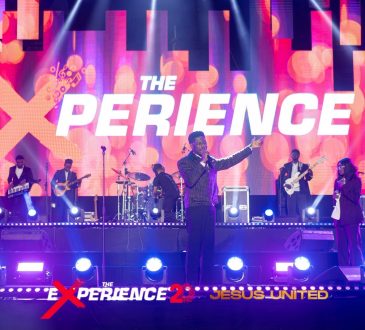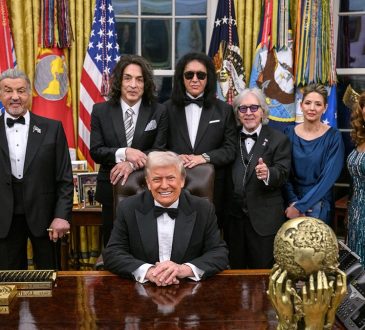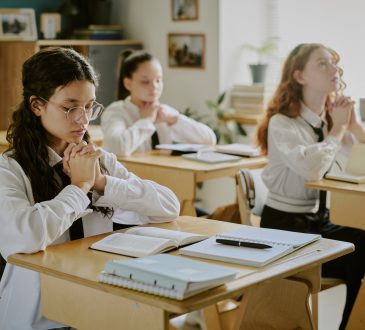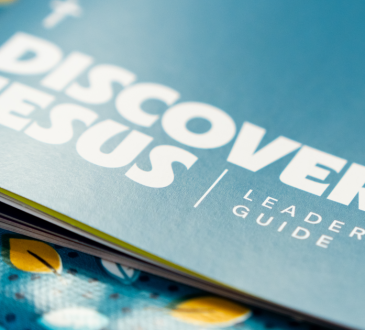Conclave: A Masterclass in the Struggles of Power, Faith, and Redemption
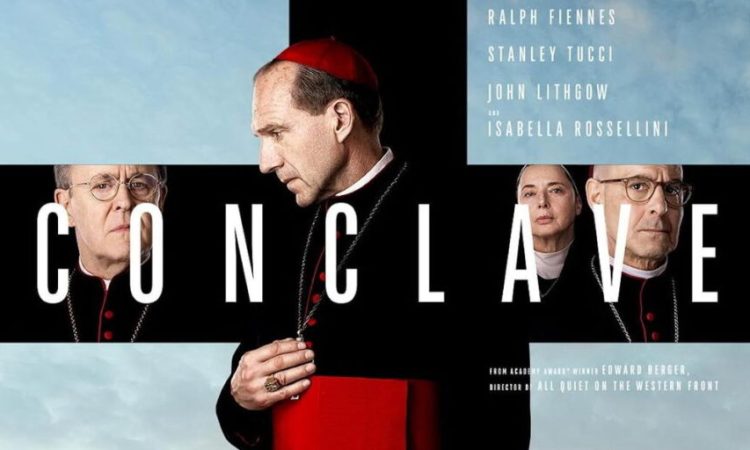
“Conclave,” directed by Edward Berger, plunges viewers into a world where politics and spirituality collide, offering an enthralling, cerebral take on the machinations behind papal elections. This film, based on Robert Harris’ novel, masterfully brings to life the closed and mysterious corridors of the Vatican as cardinals vie for one of the most powerful positions in the world—the Papacy. But what makes “Conclave” stand out among political thrillers is its delicate exploration of power not for its own sake, but for God’s sake.
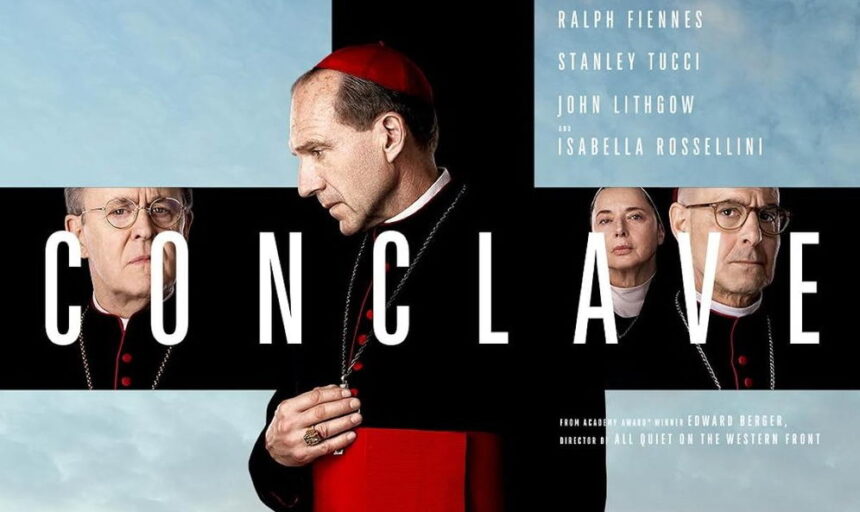
The film opens with the sudden death of the Pope, a cataclysmic event that sends shockwaves through the College of Cardinals. As they gather to select his successor, we quickly see that this is no ordinary election. The gilded vestments, towering frescos of the Sistine Chapel, and burnished rituals of ballot burning evoke both awe and gravitas. But amid the sacred incense and majestic halls, the cardinals’ human frailties—ambition, doubt, fear—are laid bare.
Ralph Fiennes’ portrayal of Cardinal Lawrence, the conflicted manager of the conclave, is a study in nuance and internal conflict. Lawrence’s crisis of faith, his reluctance to even consider the possibility of becoming Pope, adds layers of tension. His belief that doubt disqualifies him from leadership, contrasted against the warning that those who desire power are the most dangerous, raises one of the film’s central questions: Is the one who runs from power, paradoxically, the one most suited to wield it? The careful pacing of Lawrence’s spiritual and political wrestling lends the film its depth, as we watch him walk a tightrope between personal conviction and institutional duty.
At the heart of “Conclave” is the timeless question of ambition. The film echoes the dilemmas posed by classics like Macbeth and House of Cards: What will people sacrifice for power? The answer, as it unfolds in the Vatican, is far more complex than in the secular sphere. These men, tasked with guiding nearly 18 percent of the world’s population, are not just grappling with their own desires; they are wrestling with what they believe is best for the future of the Church. The stakes aren’t simply political—they are divine.
The cardinals’ debates about theology, social justice, and the future direction of the Church reflect the broader factions within Catholicism. Lucian Msamati’s character, poised to become the first Black pope, represents tradition, while Carlos Diehz’s Cardinal Benitez, a reformer from the frontlines of mission work, challenges the status quo. Yet, in true Conclave fashion, none of these figures are one-dimensional. Each cardinal, whether conservative or liberal, is portrayed with both sympathy and skepticism. They are men of conviction, but also of ego and vulnerability.
See Trailer:
Where Conclave truly shines is in its portrayal of these cardinals as human, flawed individuals. They gossip, they pray, they smoke. Their aspirations for the Church are as lofty as the ceilings of the Vatican, but they are often weighed down by their personal sins and insecurities. The film’s refusal to lionize or vilify any one group adds to its complexity. In one poignant scene, Lawrence reminds the cardinals that “we are mortal men; we serve an ideal.” The difficulty in finding that balance between divine service and human weakness lies at the core of this gripping narrative.
Visually, Conclave is breathtaking. The artful cinematography captures the ancient beauty of Vatican City, its sun-dappled courtyards, and candlelit corridors. The rituals of the papal election—the burning of ballots, the rising smoke, the fervent prayers—are imbued with a cinematic grandeur that evokes both reverence and tension. It’s a perfect setting for a story about power, as both spiritual and worldly forces move within the Church’s hallowed halls.
As the film winds towards its conclusion, Conclave delivers a twisty revelation that challenges the very fabric of what it means to serve as Pope. The conclusion, though perhaps unexpected, leaves viewers reflecting on the Church’s ever-present struggle between certainty and doubt, tradition and reform. As the cardinals navigate these murky waters, they underscore a profound truth: even within an institution as powerful and ancient as the Catholic Church, the future is still shaped by human hands, fallible though they may be.
Edward Berger’s Conclave is more than a political thriller—it is a meditation on power, faith, and the constant interplay between divine authority and human frailty. It leaves us wondering: What happens when the guardians of faith must themselves grapple with doubt? And perhaps, more importantly, how do we, as mere mortals, serve the ideal when we ourselves are far from ideal? Conclave doesn’t offer easy answers, but it does give us a riveting exploration of the Church’s struggle to maintain its identity in a rapidly changing world.

